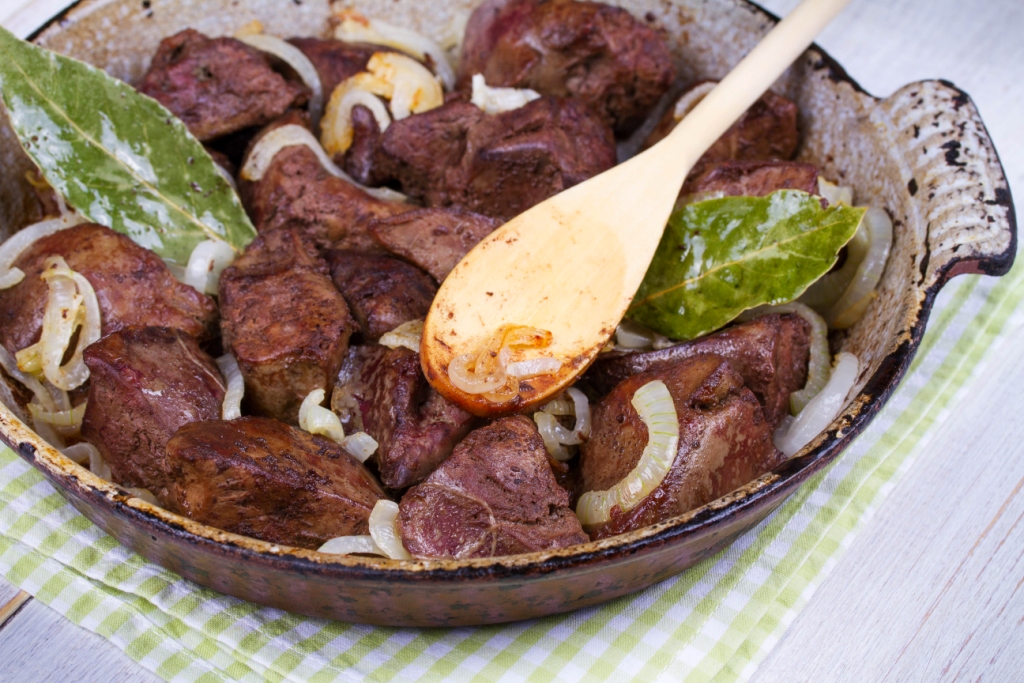 🖨️ Print post
🖨️ Print post
Our ancestors, worldwide, hold the key to healthy eating. It’s called “nutrient density.” Basically, they knew how to get the most out of each bite because they learned it from their parents, who learned it from their parents, and so on. Traditional indigenous diets worldwide were much more nutrient-dense than ours today: they were high in a variety of nutrients and replete with the fat-soluble vitamins A, D, and K.
In this conversation, Sally Fallon Morell, the president of the Weston A. Price Foundation, goes into detail about why this is and how we can eat a more nutrient-dense diet today. She explains the essential role of vitamins A, D, and K in fertility, boosting mood, improving dental health and more. She describes what foods contain them in just the right proportions, including butter and raw cheeses. She reminds us of the benefits of organ meats. And she gives practical suggestions for simple ways to include foods in the diet that will give all of us the most bang for our buck, health-wise.
Notes:
Highlights from the conversation include:
- How Dr. Price noted that all cultures enjoyed nutrient-dense foods that included generous amounts of fat-soluble vitamins A, D, and
- How most modern diets considered ”healthy” can still be deficient in vitamins & minerals
- How even whole foods might not provide these fat-soluble vitamins
- How symptoms of deficiency include depression, anxiety, autoimmunity, infertility, tooth decay
- Vitamins A and D are necessary for mineral metabolism and making hormones
- Vitamin A protects us against cancer and infections
- Vitamin D and A hormones give signals and Vitamin K is the messenger
- Vitamin K sends calcium in the body where it belongs and where it doesn’t belong
- Why the USDA calls vegetables “nutrient dense”
- How true health foods include animal fats that allow absorption of nutrients
- The dangers of animal protein without animal fat
- How saturated fats have been demonized
- How industrial fats are implicated in heart disease
- How Dr. Price studied the vitamin and mineral content of traditional diets
- How Dr. Price observed how vitamin activators improved orphans’ health and behavior
- The one dietary tweak (instead of turning to meds) that can improve health, mood and outlook
- How incorporating fat-soluble vitamins A, D, and K can make a huge difference
- How you needn’t buy organic to start improving your diet (start with what you can afford)
- The importance of getting rid of industrial fats
- Make the change to foods that include cheese, egg yolks, organ meats, fish, lard, butter
Resources:
Sally’s blog: nourishingtraditions.com
“Nourishing Diets” by Sally Fallon Morell
“Nutrition and Physical Degeneration” by Weston A. Price



Leave a Reply